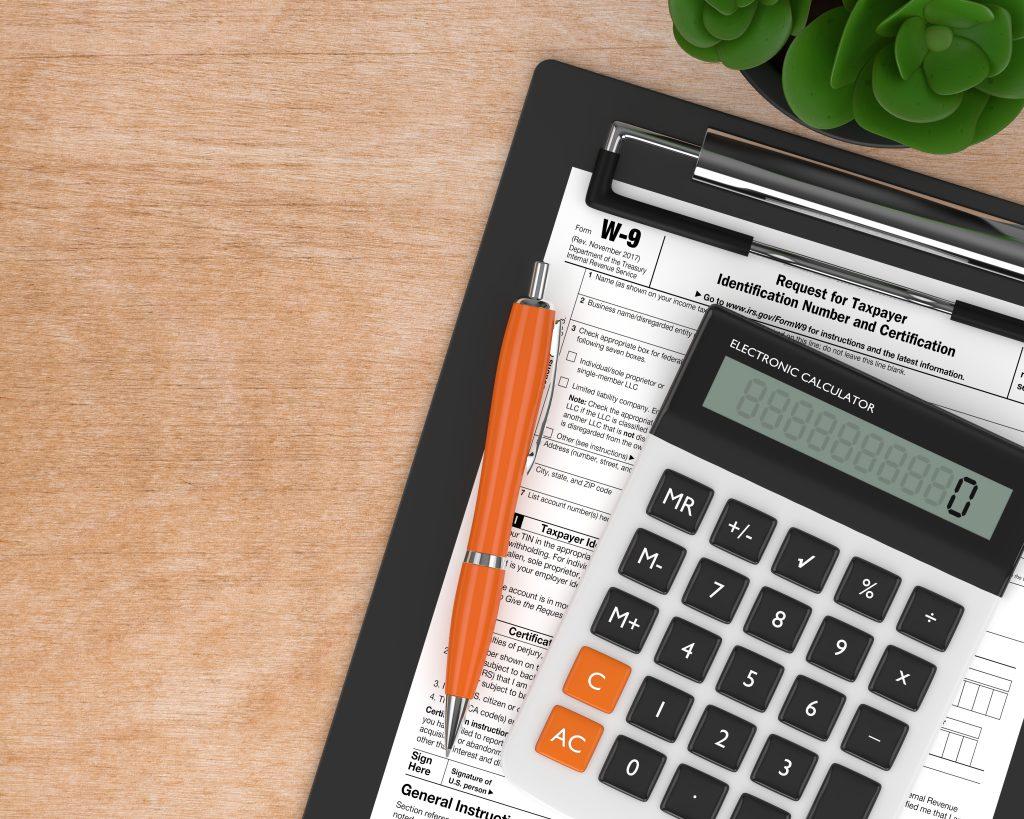Keeping Your Business Compliant: The Importance of Updating W-9 Forms


Introduction
In the world of tax and business operations, compliance is key. One essential piece of the compliance puzzle is the W-9 form. Whether you’re a small business owner, a contractor, or a freelancer, understanding the purpose of the W-9 form and how often it should be updated is crucial. In this comprehensive guide, we’ll explore the ins and outs of W-9 forms, why they matter, and provide insights into when and why you should update them.
What is a W-9 Form?
Before diving into the updating process, let’s clarify what a W-9 form is and why it’s important:
- A W-9 form is an IRS document used to gather taxpayer information from individuals or entities that provide services or receive payments. This form helps businesses and organizations accurately report payments to the IRS and comply with tax regulations.
- The primary purpose of the W-9 form is to collect the recipient’s Taxpayer Identification Number (TIN), which can be either a Social Security Number (SSN) for individuals or an Employer Identification Number (EIN) for businesses.
When to Obtain Forms
As a business, you should request a W-9 form from any individual or entity that you make payments to for services, rents, or other reportable income. Common scenarios where you might need to obtain W-9 forms include:
- Hiring Independent Contractors: When you hire an independent contractor or freelancer, you should request a W-9 form from them before making any payments. This ensures that you have the necessary information to report payments accurately.
- Renting Property: If you own rental properties and receive rental income, you should collect W-9 forms from your tenants. This allows you to report rental income correctly.
- Awards and Prizes: If your business awards prizes or cash incentives, you may need to collect W-9 forms from the recipients to report these payments accurately.
What Information Needs to Be on Forms
Knowing what information needs to be on the form helps ensure accurate information. Here are the fields that should be filled out.
- Requesting a form: This form should provide you with all the information you will need but make sure the following information is completed on the form.
- Box 1-Name as Shown on Tax Return: Ensure you have the correct legal name of the recipient.
- Box 2-Business Name if Different from Name: Also known as DBA or Doing Business As
- Box 3- Check Box for Tax Classification: Individual/Sole Proprietor or Single-Member LLC, C Corporation, S Corporation, Partnership, Trustee/Estate or Limited Liability (C=Corporation, S=S Corporation, P=Partnership)
- Box 4-Exemptions: If the vendor is tax exempt, they will mark it here with code
- Box 5-Address: Obtain the recipient’s mailing address, as this is where the 1099 form will be sent.
- Part I Taxpayer Identification Number (TIN): The recipient’s TIN, usually a Social Security Number (SSN) or Employer Identification Number (EIN), is crucial for accurate reporting.
- Part II Certification: Ensure that its properly signed at the bottom.
Why Update Forms
While W-9 forms provide essential taxpayer information, it’s important to recognize that this information can change over time. Here are some key reasons why you should update W-9 forms:
- Change in Tax Status: Individuals or entities may undergo changes in their tax status, such as transitioning from a sole proprietorship to a corporation. In such cases, their TIN (SSN or EIN) may change.
- Change in Name: Recipients may change their legal name due to marriage, divorce, or other reasons. Ensuring that the name on the W-9 form matches their current legal name is crucial for accurate reporting.
- Address Updates: If a recipient changes their mailing address, you need to have their updated address on file to ensure that any tax documents are sent to the correct location.
- Expiration of Previous Forms: W-9 forms are not indefinite. In some cases, the information collected on a previously submitted W-9 form may become outdated, and the form may expire. It’s essential to periodically review and update W-9 forms to ensure the information is current.
How Often Should Forms Be Updated
The frequency with which you should update W-9 forms depends on several factors, including the nature of your business relationships and the likelihood of changes to the recipient’s information. Here are some guidelines:
- Annually: It’s a good practice to request updated W-9 forms from your contractors, freelancers, or other recipients on an annual basis. This ensures that you have the most current information for tax reporting.
- Upon Significant Changes: Whenever a significant change occurs in the recipient’s tax status, legal name, or address, request an updated W-9 form promptly to reflect these changes accurately.
- Regular Review: Consider conducting periodic reviews of your W-9 forms to identify any that may be outdated or approaching expiration. This can help you proactively request updated forms.
Conclusion: Staying Compliant with Updated W-9 Forms
In the complex world of taxes and business operations, compliance is paramount. Staying up to date with W-9 forms is a crucial aspect of compliance, ensuring that you have accurate taxpayer information to report payments correctly to the IRS.
At BMR Consulting, we understand the importance of compliance and can assist you in managing your tax-related documentation. Don’t let the complexity of these forms and updates overwhelm you. Let us be your trusted partner in ensuring that your business stays compliant and avoids potential tax issues.
To learn more about how BMR Consulting can support you in managing these forms and other bookkeeping matters, please visit our website at www.bmrconsulting.com or contact us at 413-798-4466. Stay compliant with confidence – choose BMR Consulting as your bookkeeping partner.
Bonnie Rose
Sign up for valuable resources, insightful articles and expert advice on bookkeeping and consulting topics to help your business thrive and succeed.

One Comment
[…] a W-9 form: This form should provide you with all the information you will need but make sure the following […]